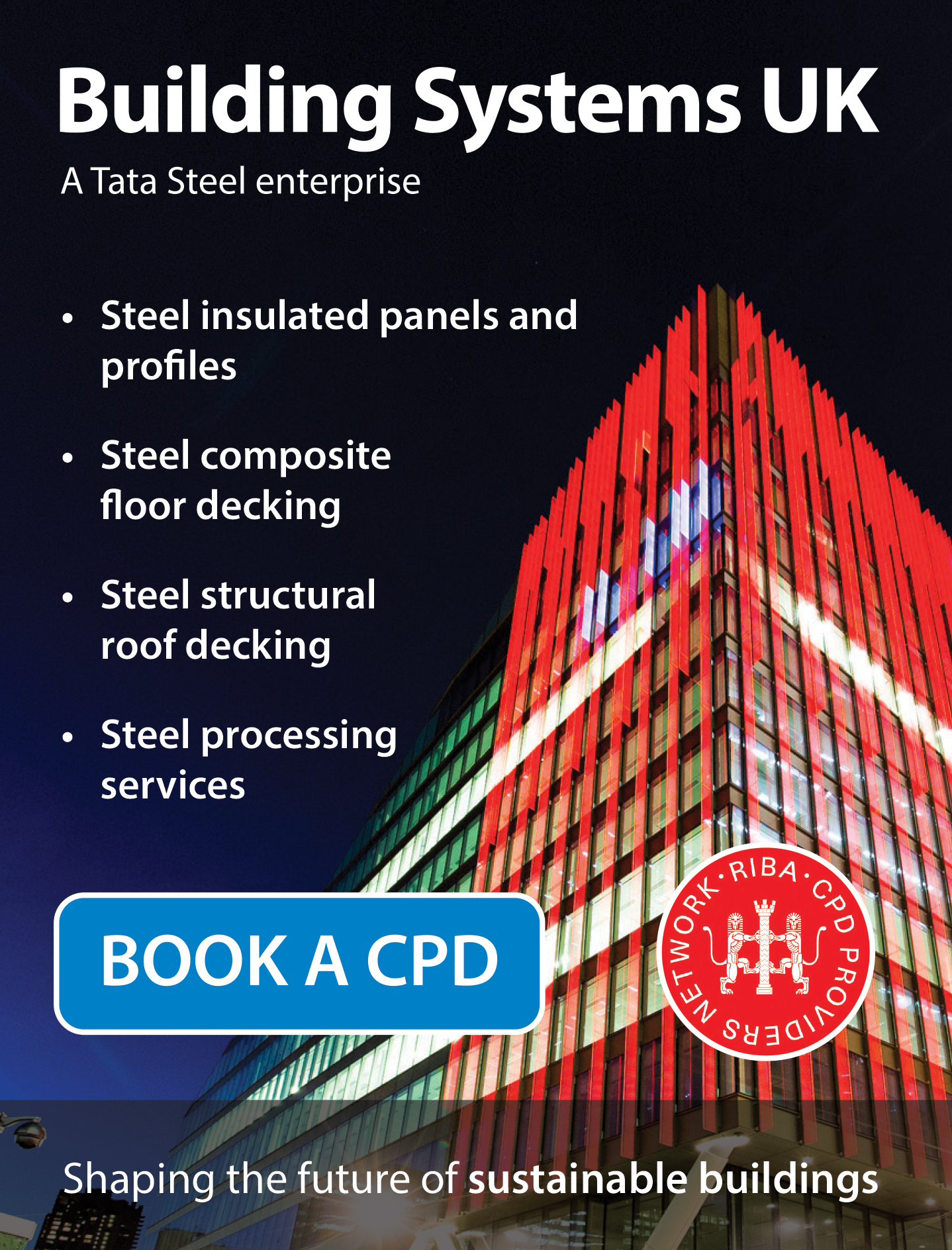Organised by the National Association of Women in Construction (NAWIC), Women in Construction (WIC) Week highlights the increasing role women are playing in the building sector, whilst emphasising the need for a levelling-up of the gender imbalance that still exists.
Despite signs that more women are considering a career in the construction industry, the figures tell a different story. According to website Go Construct women account for just 14% of the sector’s professional workforce, an underwhelming number particularly with the industry in urgent need of new recruits in order to address the current skills shortage.
The building trade has long stood accused of being reluctant to change, which might be why it’s been slow to embrace the idea that it should no longer be considered a ‘male-only’ career. But the barriers to women playing a significant part in this fantastic industry are gradually being removed – and not before time. The sense that times are a changing might explain why one-third (37%) of new entrants into the UK construction industry from higher education are women.
Diversity is a mainstay of Recticel’s culture. We thrive on employing a workforce that is dependent on the collaborative skills and experience of our personnel, rather than their race or gender. This inclusive policy is borne out by the number of women who hold senior roles at Recticel and our tapered insulation division, Gradient. This year, for example, four women have taken-up leadership roles in key areas of the business in address gender imbalance: Jen Shepherd, Naomi Lucas and Sally Wright.
How women can benefit construction
Given the opportunity, women have shown themselves as capable as men in terms of performance throughout all levels of the building trade. They’ve also given the industry a fresh outlook, bringing new ideas and creating a more pleasant, less misogynistic environment. Studies show women tend to be more risk-averse than men. Therefore, as females take-up more site-based roles, there’s reason to think health and safety in these areas might improve accordingly.
Women are more than equal to their male colleagues in terms of workplace communicators. This has certainly helped level things up in the sales aspect of the construction industry, with female sales representatives having far greater access to key suppliers than they were previously afforded. It’s now understood that these women really know what they’re talking about, and that their product knowledge is crucial to improving sales.
But whether in an engineering capacity on construction’s frontline, or putting their skills to use in a customer service role, women are starting to find their place in the construction sector. If this trend is to continue then the industry must do more to present itself as an equal opportunities career – particularly in terms of pay – if it’s to become a more attractive proposition for women. Office for National Statistics (ONS) show that across the building industry in 2020, women earned 11.4% less than men.
Wide-ranging opportunities
Improved training and work placement opportunities is also key in recruiting women to fulfil traditional roles within construction, as well as positions less associated with the industry to address gender imbalance. For a number of years Recticel and Gradient have run a programme for post-graduates and interns to gain a year’s valuable work experience. Not only has each of our trainees thoroughly enjoyed their time with us, they’ve spoken about having their eyes opened in relation to the opportunities a construction-based career present. This is particularly true of sectors such as marketing, which some people might think is more relevant to retail or the food and drink industry, but can actually play a huge part in promoting the building trade as a desirable profession. In this respect, perhaps the construction industry should take a leaf out of Recticel’s book and partner-up with local colleges and universities to form a relationship that is beneficial to both parties.
Sending the right message
Ultimately, the construction industry needs to send a message to women of all ages that the sector is in a different place to the one it occupied in the previous century. It needs to highlight that the building process itself is a relatively small part of the industry, which requires a plethora of expertise to function effectively in the form of designers, planners, surveyors and engineers.
Construction needs problem-solvers, people who like a challenge and enjoy meeting other people because in the building trade, employees do not exist within the confines of their own organisation. A tradesperson’s network will involve many building-based organisations and even competitors, who will be committed to achieving the goal that inspired us to join the industry in the first place i.e; we wanted to make the world a better place. For women who have the same aim, then a career in construction is definitely for them.
By Paul Simpson, Commercial Director at Recticel Insulation





